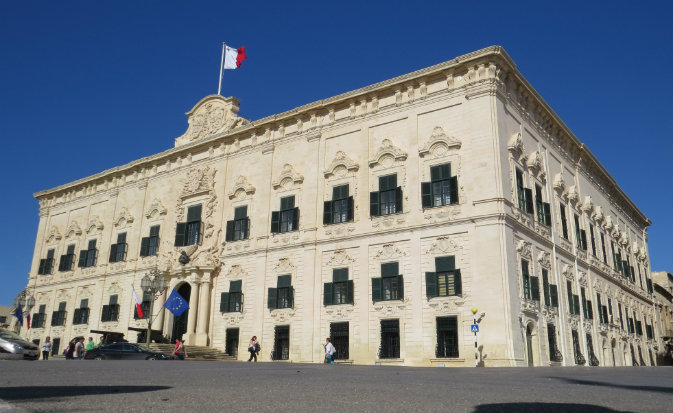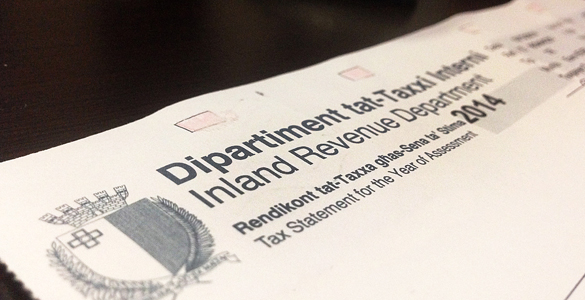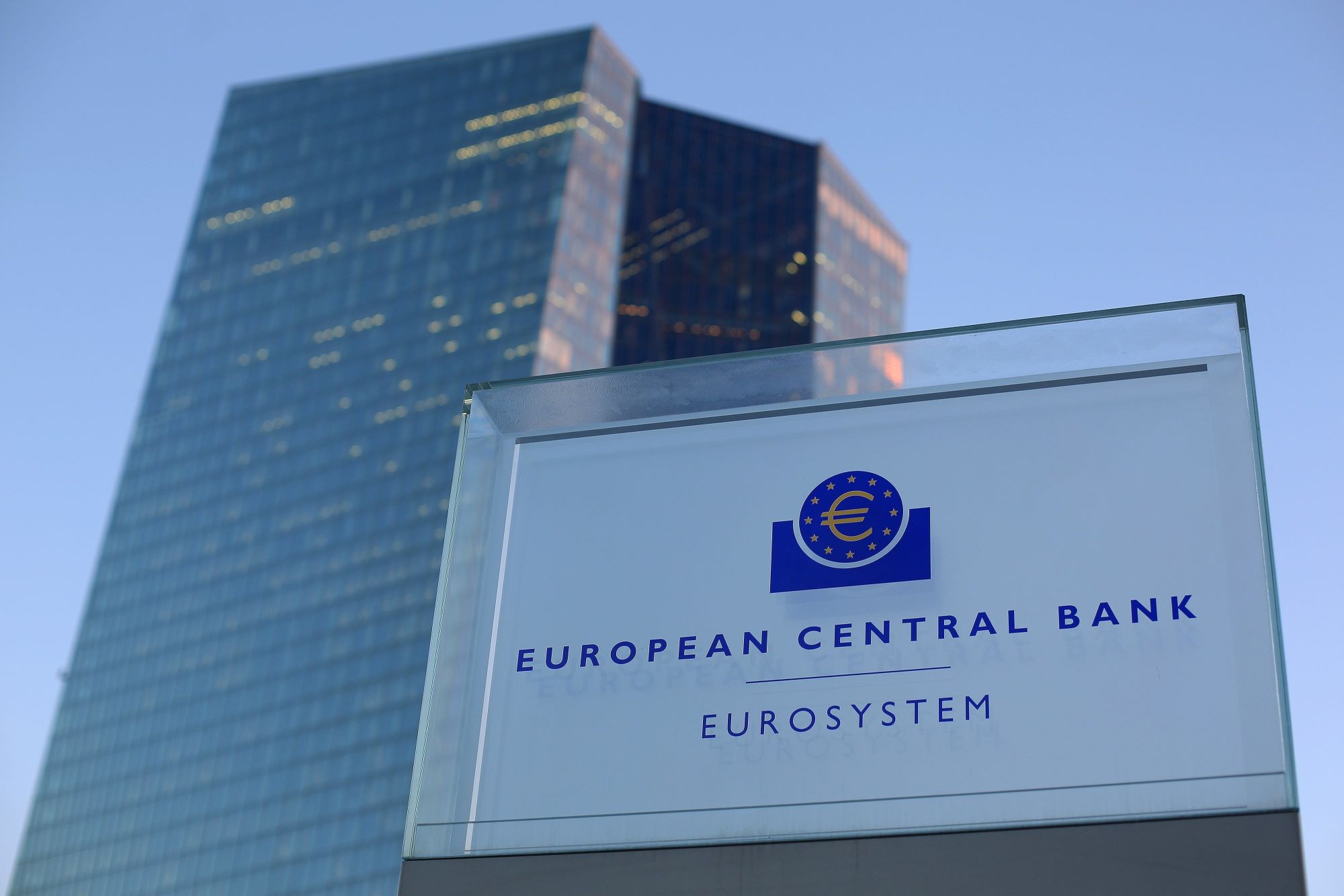By the end of July 2021, the Government’s Consolidated Fund reported a deficit of €882.5 million, National Statistics Figures show.
Income
In the first seven months of 2021, Recurrent Revenue amounted to €2,616.6 million, 24.2 per cent higher than the €2,106.1 million reported a year earlier.
The largest increase was recorded under Income Tax (€283.8 million), followed by Value Added Tax (€125.4 million), Social Security (€112.8 million), Customs and Excise Duties (€33.2 million) and Licences, Taxes and Fines (€17.2 million). The rise in revenue was partially offset by decreases under Grants (€18.9 million), Miscellaneous Receipts (€18.1 million), Fees of Office (€18.0 million), Dividends on Investments (€3.9 million) and Rents (€2.9 million).
Expenditure
By the end of July 2021, total expenditure stood at €3,499.1 million, 10.8 per cent higher than the previous year.
During the reference period, Recurrent Expenditure totalled €3,072.8 million, a rise of €499.6 million in comparison to the €2,573.2 million reported by the end of July 2020.
The main contributor to this increase was a €388.2 million rise reported under Programmes and Initiatives. Furthermore, increases were also witnessed under Personal Emoluments (€62.5 million), Contributions to Government Entities (€40.8 million) and Operational and Maintenance Expenses (€8.1 million).
The largest development in the Programmes and Initiatives category was related to the Pandemic assistance scheme (€231.4 million), which includes the COVID-19 Business Assistance Programme.
Other increases under Programmes and Initiatives were reported under Hospital concession agreements (€41.0 million), Economic regeneration voucher scheme (€30.5 million), Social security benefits (€26.7 million), EU own resources (€16.7 million), Church schools (€13.6 million), Waiting lists for medical services (outsourcing) (€9.9 million), Extension of school transport network (€8.4 million) and Residential care in private homes (€5.2 million).
Interest
The interest component of the public debt servicing costs totalled €103.5 million, a decrease of €3.1 million when compared to the previous year.
Capital expenditure
By the end of July 2021, Government’s capital spending amounted to €322.8 million, €155.4 million lower than 2020. The drop largely resulted from the reclassification of the COVID-19 Business Assistance Programme (€154.0 million), which featured under Capital Expenditure between March and December 2020 but is now classified under Recurrent Expenditure.
The difference between total revenue and expenditure resulted in a deficit of €882.5 million being reported in the Government’s Consolidated Fund at the end of July 2021. Compared to the same period in 2020, there was a decrease in deficit of €169.3 million. This difference mirrors an increase in total Recurrent Revenue (€510.5 million), partially offset by a rise in total expenditure, consisting of Recurrent Expenditure (€499.6 million), Interest (-€3.1 million) and Capital Expenditure (-€155.4 million). Changes in expenditure and revenue reflect developments related to COVID-19.
Government Debt
At the end of July 2021, Central Government debt stood at €7,848.4 million, a €1,224.2 million rise from 2020.
Increases reported under Malta Government Stocks (€857.9 million) and Foreign Loans (€419.9 million) were the main contributors to the rise in debt.
The latter increase in debt was a result of the €420.0 million EU loan from the temporary Support to mitigate Unemployment Risks in an Emergency (SURE) instrument. Higher debt was also reported under Euro coins issued in the name of the Treasury (€1.2 million).
This rise in debt was partly offset by a decrease in Treasury Bills (€46.8 million) and the 62+ Malta Government Savings Bond (€5.1 million). Finally, lower holdings by government funds in Malta Government Stocks resulted in a decrease in debt of €2.9 million.
Top 5% of taxpayers responsible for one-third of all income tax paid in Malta
On the other hand, the bottom third of income earners pay just 1.7% of all income tax generated
The Malta Institute of Accountants prepares for its 2024 Anti-Money Laundering Conference
Held at the Radisson Blu, St Julians, this latest AML Conference promises to bring exclusive insights on new procedures
Eurozone interest rates to remain unchanged
The European Central Bank noted that price pressures remain persistent






